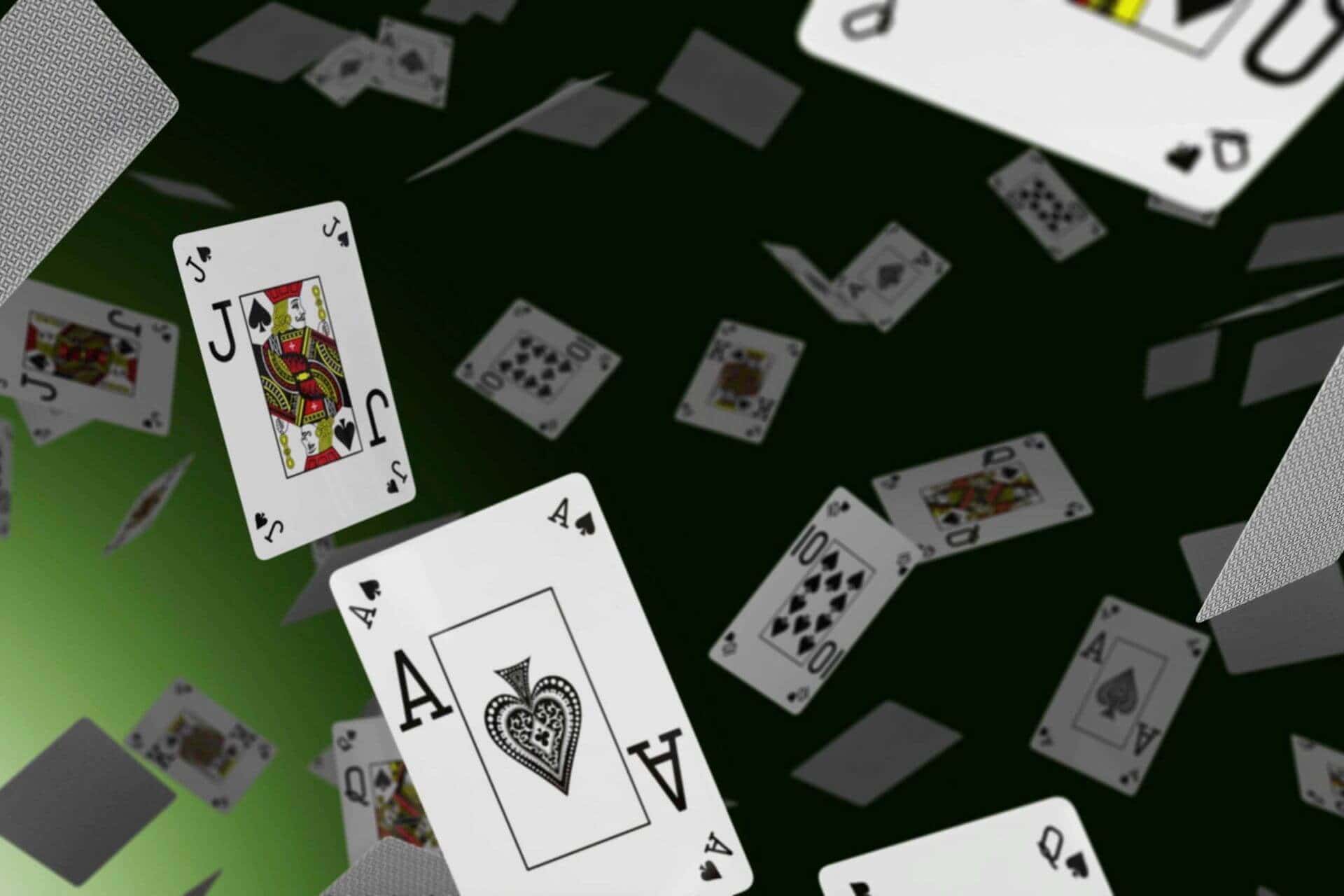All Types of Rummy Games You Should Know
Rummy has been the most popular card game in India for many decades. Rummy is now more accessible and well-liked since it can be played on all devices. Players of Rummy must become thoroughly familiar with the different rummy versions because it is now a worldwide game. While the fundamental guidelines remain the same, there are several methods to enjoy and play Rummy with your buddies. There are so many rummy games and should know about all rummy games.
Most popular Rummy Games in India
13 Card Rummy, 21 Card Rummy, Gin, and Contract Rummy are the three primary varieties of Rummy. There are several subcategories for each of these types. In India, the most common variation of Rummy is the 13-card game.
13 Card Rummy
It is a modification of Gin Rummy and Rummy 500, also referred to as Indian Rummy. Each player is given 13 cards for 2 to 6 players in this game. Players must choose and discard cards to combine the cards into legal sequences and sets. Joker cards, which can replace any card in the game, are also permitted to be used. A valid or acceptable declare at least one pure sequence—one that doesn’t employ Joker—and one impure sequence—one that does.
A face card and an ace are worth ten points, while number cards and joker cards are for the same number of points (0). Because points have a negative value, the objective is to meld the cards and lower the points to zero. The one who completes this action first wins.
Points Rummy
A 13-card rummy game called “Points Rummy” is a one-deal game that usually has 2-4 players and is played for points. Players must declare their cards before anybody else to score zero. Wild cards called jokers are used in melds to fill in for missing cards.
Pool Rummy
Participants in Pool Rummy pay a fixed admission fee and go toward the bonus pool. The game is won by the player still in the game at the end with the fewest points below the cut-off. They are eliminated if the remaining players attain or surpass the required number of points. Several sub-rummy varieties of pool rummy include 101 Pool Rummy, 201 Pool Rummy, and 51 Pool Rummy.
Deals Rummy
Participants use chips, given out to all players at the beginning of each deal, in place of points. There are a certain number of transactions in the game. One player is the winner of all the chips after each deal.
21 Card Rummy
It is often performed during Dusshera and Diwali in the Indian subcontinent. The game is highly intriguing and lasts longer than traditional rummy games. The only differences between it and 13 Card Rummy are a few elements. Along with printed jokers, it plays with three decks of cards. Each player receives 21 cards, and they must make at least three pure runs and combine the remaining cards into suitable sets or sequences.
In addition to jokers, this game also includes “Value Cards,” a unique feature. They can also serve as a stand-in for any card, making their use comparable to that of jokers. They are unique, though, since they have extra points.
Gin Rummy
One of the simpler variations of this game utilizes a deck of 52 cards. In this two-player variation of Rummy, players must use their cards to form sets. The number of cards each player has to work with to make these sets and sequences is 10. In this game, the sole constraint is that all sequences must be from the same suite.
Oklahoma Rummy
Gin rummy and Oklahoma Rummy are pretty comparable. Except this game may be played by 2-4 people (instead of just 2). Players can make tainted sets and sequences in this game by using a joker. Players in this variation utilise seven cards rather than ten.
Rummikubh
This game combines Mahjong and Rummy and is well-liked in Europe and Asia. Players in this game utilise 104 tiles with the numbers 1 through 13 printed in black, orange, blue, and red. There are also two tiles with the same colour and number. Players must arrange their tiles into sets of three in the piles, starting with between 14 and 16 tiles. They must draw a new tile if they cannot play during their turn. Of course, the one who places every tile first wins.
Contract Rummy or Joker Rummy
There are several rounds in these Rummy card game variations. A unique contract that varies depending on the game rounds is used for each round. One person deals the cards for the first round, and then the player to the dealer’s left deals the cards for the next hand, and so on. Each round’s objective is to eliminate your cards by combining, delaying, and eradicating them. Before merging or delaying, you must finish your contract for the current round.
Since the rules for each rummy variant are significantly diverse, the approaches taken should likewise change. You may learn more about rummy tactics and various rummy variants in an online rummy platform. You may play practice games and view rummy lessons for each variation on these platforms.


